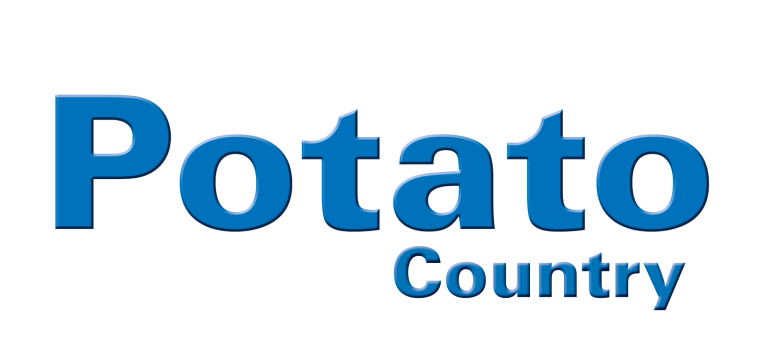January 24, 2020 at at 9 a.m. Eastern Standard Time, the World Potato Congress (WPC) is offering the first webinar in its 2020 series featuring Dr. David Douches.
Abstract:
The Feed the Future – Biotechnology Potato Partnership (BPP) is a five-year, multi-institution cooperative agreement between MSU, USAID, Simplot Company and other global institutions to develop and bring to market improved potato products to low-income farmers in South East Asian countries. BPP offers biotech potato products with broad-spectrum resistance to late blight (Phytophthora infestans), the most devastating potato disease in the world, and highly endemic throughout Bangladesh and Indonesia. BPP provides strategic human and institutional capacity building and support (research, development and outreach) to in-country partners in Bangladesh (BARI) and Indonesia (ICABIOGRAD) to support access to, technology transfer, and sustainable use of biotech potato technologies. The project also monitors and evaluates environmental impact, gender balance contribution and socio-economic impact of these biotechnologies. BPP and partner institutions will steward biotech potato products for distribution to low-income farmers and eventual commercialization. All of these activities support and align with USAID’s goal of increasing food security and resilience.
The host for the WPC webinar series will be WPC Director, Dr. Nora Olsen (norao@uidaho.edu).
Register in advance for this webinar:
https://zoom.us/webinar/
Following your registration, you will receive a confirmation email containing information about how to join the webinar.
All webinars are recorded and can be viewed via the World Potato Congress website at www.potatocongress.org.

Dr. David S. Douches, with over 36 years of experience in potato breeding and genetics, has an active potato breeding program directed toward the development of improved cultivars in Michigan for 30 years. The focus of the program is to develop new cultivars for Michigan’s potato industry by integrating new genetic engineering techniques with conventional breeding efforts. Key traits targeted for improvement include Colorado potato beetle resistance, disease resistance to scab, late blight and PVY, as well as chip processing from long-term storage. Dr. Douches is the principle scientist of the Michigan State University potato breeding and genetics program and Director of the USAID-funded Feed the Future Biotechnology Potato Project for Indonesia and Bangladesh.

